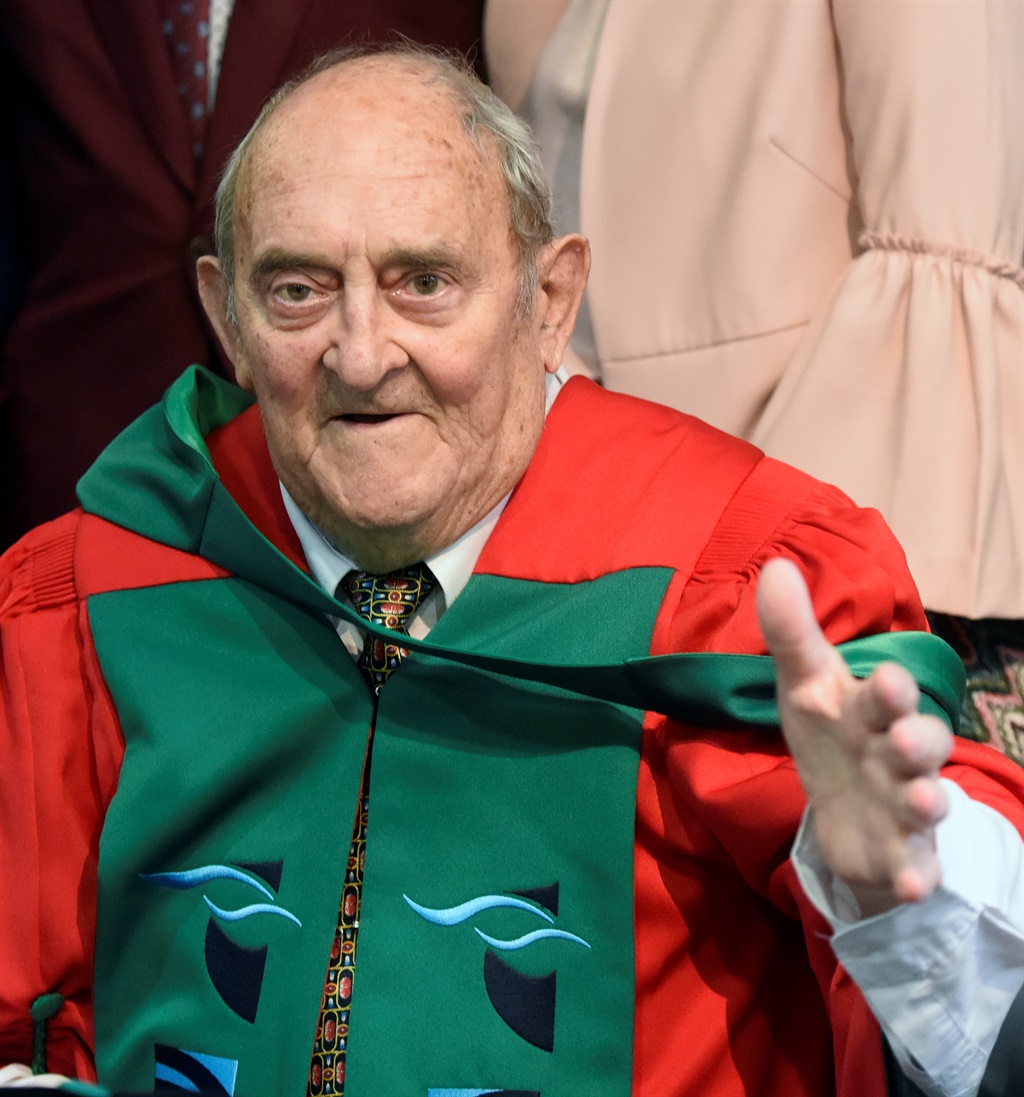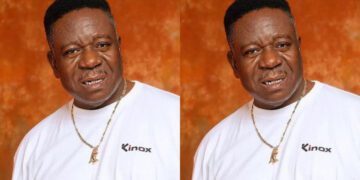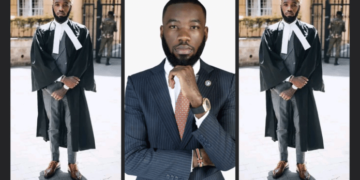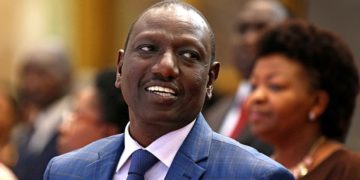[ad_1]
Denis Goldberg, one of the last surviving Rivonia trialists has died after a protracted battle with lung cancer. He was 87.
The only white person convicted in the Rivonia Trial in the Pretoria Supreme Court along with Nelson Mandela, Govan Mbeki, Walter Sisulu and others, Goldberg spent more than a quarter of his life in jail before he was released in 1985.
He was charged under the Sabotage and Suppression of Communism acts for “campaigning to overthrow the Government by violent revolution and for assisting an armed invasion of the country by foreign troops” and was sentenced to four life terms on 12 June 1964.
Goldberg recalled the moment he was sentenced in an interview with the SABC’s Morning Live on the 50-year anniversary of the Rivonia trial: “After the judge said in a case that is tantamount to high treason, he said ‘the death penalty would be the ultimate sentence, but…’ That but meant he wasn’t going to impose the death penalty. We started smiling, just a little twitch, but then he said that the only leniency was life imprisonment on each of the counts on which we were found guilty … And we laughed, and I called to my mother who was in court and couldn’t hear… and said it was life and life is wonderful.”
The reality of prison, however, soon struck him and the realisation that apartheid was still a long way from over eventually took his toll. His time in Pretoria Central Prison, separated from the other Rivonia trialists because of the colour of his skin, was a depressing and lonely time, filled with longing for his family and wife, Esme.
He was often ill and miserable and found little meaning in the menial tasks the prisoners were given to do.
But it was also a time of self-discovery and perhaps the source of his well-known sense of humour.
He writes in his autobiography, The Mission: A Life for Freedom in South Africa, “people often ask me how I remained as I am through all the long years in prison. I can only say that I did not remain unchanged. I became far more introspective, far more aware of my own strengths and weaknesses.”
“In prison you cannot ask for counselling because you cannot put your mind in the hands of the enemy. You have to be your own therapist. My definition of sanity is that you are able to bring your emotions into line with what you know, by clear thinking, is objectively right.”
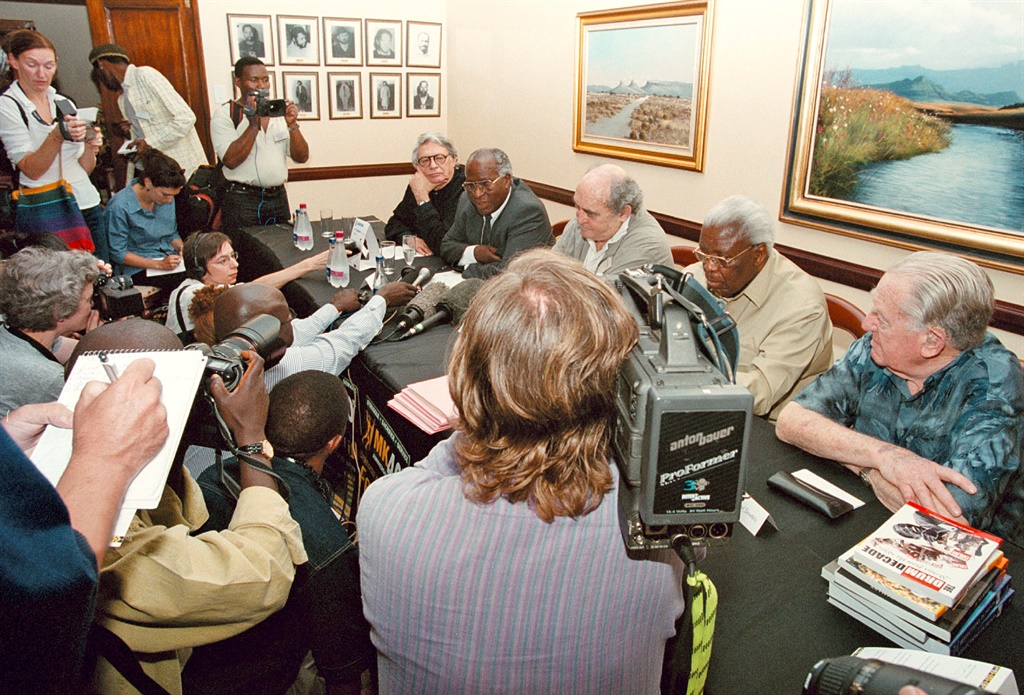
Rivonia Treason trialists reunion press conference. (Beeld)
Denis Theodore Goldberg was born on 11 April 1933 in Cape Town. His grandparents had from fled Lithuania to England in the late 1800s to avoid the anti-Semitic threat in eastern Europe at the time. His parents, Sam and Annie, left London for the modest Cape Town suburb of Observatory, where Annie worked in a factory and Sam worked at a small transport company. Sam also worked for the Communist Party, stirring his son’s political consciousness from an early age.
When Goldberg was just 16, he wrote his final school exam and went to study civil engineering at the University of Cape Town. He joined the non-racial Modern Youth Society, where he met Esme Bodenstein, who he would marry in 1954. Goldberg eventually joined the Congress of Democrats (COD), an organisation of white people who worked with the ANC, and the South African Indian Congress (SAIC), who organised protest actions which eventually led India to break ties with South Africa.
On June 1955, an alliance of the ANC, SAIC, COD and others organised the People’s Congress in Kliptown, near Johannesburg. Roughly 3 000 people attended and the widely heralded Freedom Charter was signed, demanding democracy and equal rights for all South Africans. Goldberg was one of the organisers of the event, putting his excellent networking skills to work.
Two years later he joined the banned Communist Party and after he was let go from his job at the state-owned railway, he started working for the party almost full time.
Then, after the Sharpeville massacre occurred in 1960, the ANC, PAC and SACP were banned and went underground from where the ANC launched the armed struggle. Goldberg joined its military wing, Umkhonto we Sizwe. One of his jobs as a member was to find railways, power lines and telephone lines to damage. Officially, he was a logistics and technical officer for the organisation.
When the police raided Liliesleaf Farm in Rivonia, the ANC’s underground headquarters, on 11 July 1963, Goldberg was among those arrested.
When he was finally released from prison after 22 years of incarceration, it was not without controversy. With pressure from the international community increasing, South Africa became more and more isolated. In an attempt to soften the world’s stance against it, the apartheid regime in 1985 offered political prisoners serving life sentences their freedom, in exchange for giving up the armed struggle.
Nelson Mandela and the other prisoners rejected the offer. Goldberg decided to accept it, believing that he could serve the struggle better from outside prison. It was a difficult decision, and he feared that he would be rejected by his comrades for betraying the struggle as a white person.
He writes in his autobiography: “I believed the time was ripe for negotiations … I would continue the political struggle in a non-violent way and not allow myself to be imprisoned again.”
After his release, he went into exile in London where Esme was already staying after being subjected to solitary confinement for her political activism. Goldberg continued working for the ANC from its London office until 1994 where he was spokesperson for the organisation and represented it at the United Nations’ anti-apartheid committee.
In some ways, Goldberg’s role, along with that of his fellow political inmate, lawyer Bram Fischer, in the fight against apartheid allowed the ANC to see the value of being a non-racial, inclusive organisation.
While the ANC was originally an exclusively black organisation, many non-white people worked for the organisation in risky ways and the Freedom Charter clearly stated that South Africa should be free of social and legal inequalities based on the colour of people’s skins. Shortly after Goldberg’s release from prison, the ANC opened up to all races.
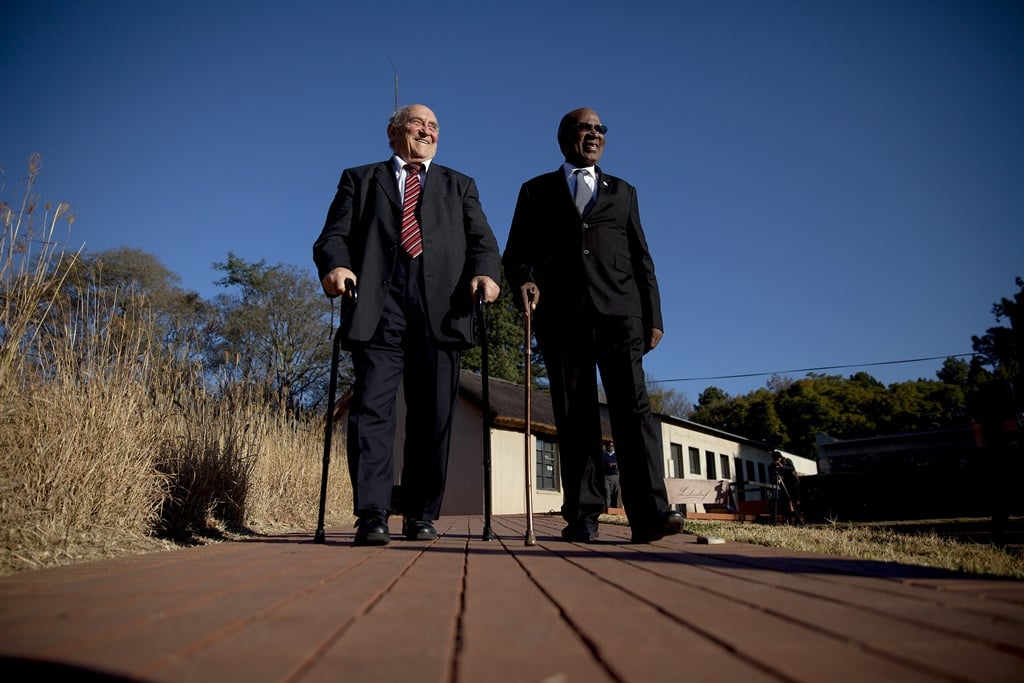
Andrew Mlangeni and Denis Goldberg on June 10, 2014 at Liliesleaf farm outside Johannesburg. (Photo by Gallo Images / The Times / Sizwe Ndingane)
In his essay, A Marvelous Life! Denis Goldberg, South Africa and the World, Eberhard Neugebohrn writes, “hardly anyone else can represent the ethos of living together in a non-racist way, based on the pure principle of the equality of all human beings and the political wisdom of the Charter, better than Denis Goldberg, the only white person among the former Rivonia prisoners, who sat in prison for 22 years of his life for the common struggle against apartheid. His life is the radical contradiction to the system of apartheid which despised human beings.”
On the first anniversary of the first democratic election on 26 April 1995, Goldberg founded Community H.E.A.R.T. (Health Education And Reconstruction Training), a London-based charity that has raised millions of rand for the Rape Crisis Cape Town Trust and to date, it has donated more than three million books for children, among other things.
He spent the last few years of his life setting up the Denis Goldberg Legacy Foundation Trust and building the House of Hope as an Art and Culture Education and Training Centre in Hout Bay, Cape Town, where he lived till he died.
In 2016, Goldberg received the Freedom of the City of London along with Ahmed Kathrada, Lord Joel Joffe, George Bizos and Andrew Mlangeni in recognition of their fight for freedom and racial equality.
Esme died of a stroke in London in 2000. Goldberg remarried Edelgard Nkobi, a German journalist, in 2002. She died in 2006 after a long battle with cancer.
Goldberg’s daughter Hilary also died at 47 from a sudden blood clot.
He is survived by his son, David, who is a fundraiser for the DGLF Trust in London, two granddaughters and a grandson.
